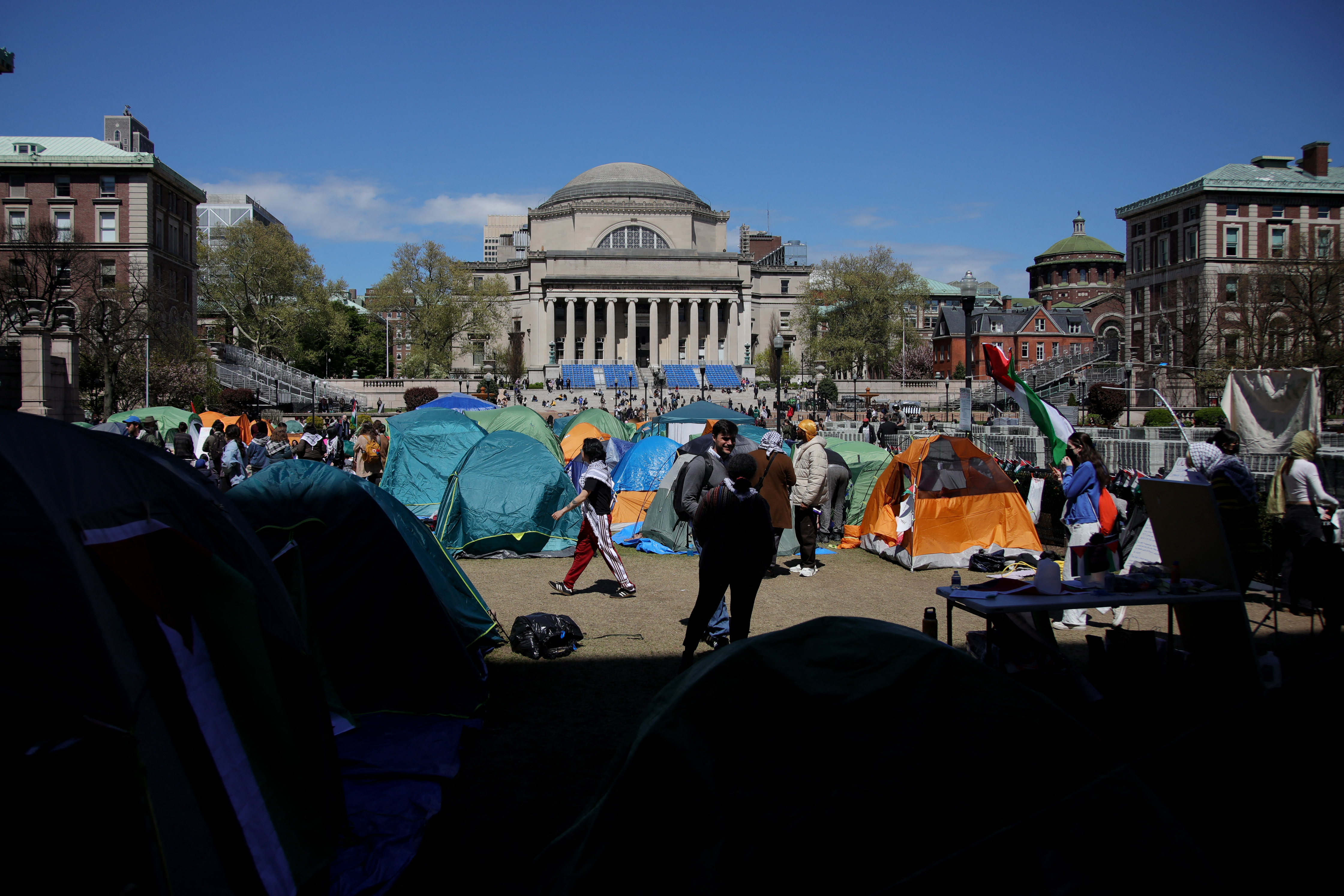What to Know
- Boil-water order issued for the City of Long Beach last week after E. coli was detected has been lifted
- E. coli was detected in the water supply in the City of Long Beach, Long Island last week
- While most strains of E. coli are considered harmless, others can make people sick, the CDC says
The boil-water order issued for the City of Long Beach last week after E. coli was detected has been lifted following two consecutive and favorable test results, county officials announced Monday morning.
E. coli was detected in the water supply in the City of Long Beach, Long Island, Friday, prompting a boil-water order to be issued.
Nassau County Executive Laura Curran and Department of Health Commissioner Dr. Lawrence Eisenstein held a press conference Friday afternoon to discuss the detection of the E. coli strains.
Curran said the Nassau County Health Department received a sample result that tested positive for E. coli Friday morning. The bacteria was detected in the course of normal testing.
The City of Long Beach Water System in consultation with the county's Department of Health was investigating the case to determine the source of the contamination.
According to officials, Long Beach immediately raised the level of chlorine and flushed out the entire water system. However, county health officials recommend all residents to run cold water for at least five minutes from each faucet before use.
The boil-water order remained in place until all water samples indicate the water is free of bacteria and safe for consumption.
Residents and those visiting Long Beach were urged to only consume boiled or bottled water until further notice.
"The only water that should be consumed in the City of Long Beach is boiled or bottled water -- even if you are brushing your teeth," Curran said following the detection. "Baths are OK but if you are washing your hands before cooking, we recommend boiled or bottled water. If you are washing a baby that tends to ingest water -- boiled or bottled water for that as well."
On Friday, Eisenstein said the county had not identified a single resident made ill by the contaminated E.coli water., but issued the the boil-water order as a precautionary measure.
Local
According to the CDC, E. coli, or escherichia coli, are bacteria found in the environment, foods, and intestines of people and animals. However, when ingested they could make people sick, at times severely.
While most strains of E. coli are considered harmless, others can make people sick, the CDC says. Some kinds of E. coli can cause diarrhea, urinary tract infections, respiratory illness, pneumonia and other illnesses, sometimes even death.
Symptoms vary for each person, according to the CDC, but often include severe stomach cramps, diarrhea (often bloody), and vomiting. Some people may have a fever. Although, most people get better within 5 to 7 days, some infections are very mild, but others are severe or even life-threatening, according to the CDC.



